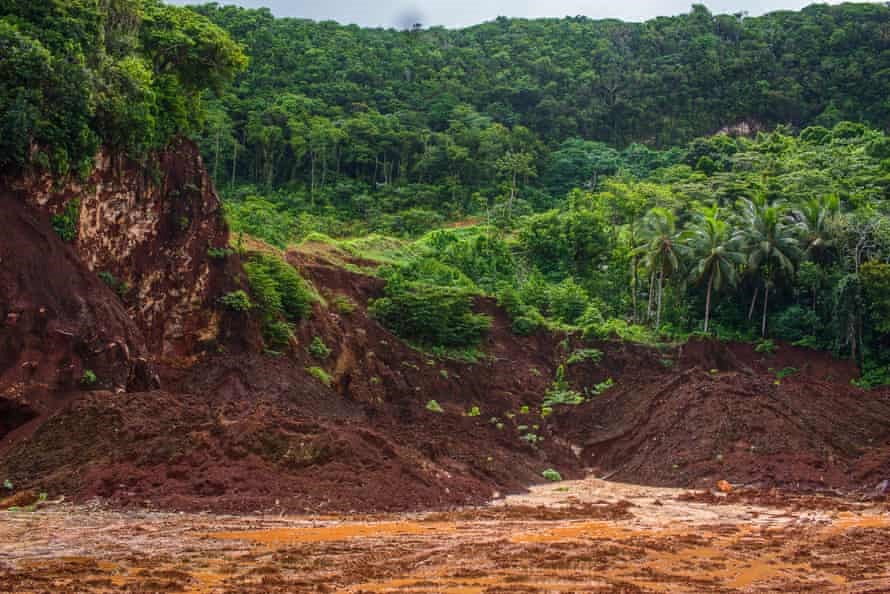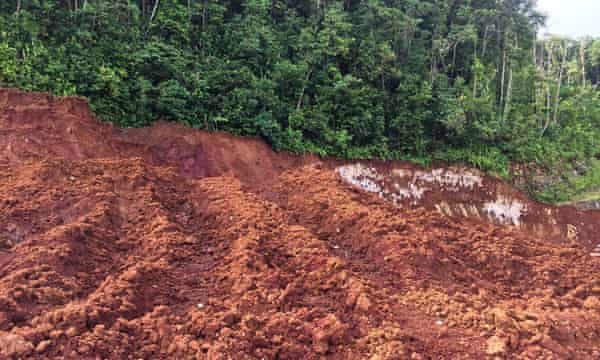

As per a renowned British news media, a report has been unfolded that a mining operation owes millions in unpaid taxes and royalties to the Government of Solomon Islands.

The information accumulated from a senior official, Govt. of Solomon Islands, the Asia Pacific Investment Development (APID) company and its subcontractor, Bintan Mining Solomon Islands Ltd (BMSI), have not paid taxes or royalties on over one-third of their exports in the last five years.
Since 2015, the companies have been exporting bauxite from the West Rennell Islands, with 100 shipments consigned overseas. Notwithstanding, it has been unveiled that they have paid royalties for only 67 shipments out of the 100 freights during their operation.
Rick Houenipwela, the former Prime Minister of Solomon Islands said: “Sadly, the Solomon Islands have not benefited from the Rennell mining operations.”

Nicholas Biliki, former Director of Mines evaluated: “The unpaid ore shipments leave roughly A$13.4 million owed to landowners and around A$1.65 million owed in taxes, as well as approximately A$1.65 million owed in payments to rehabilitate the island.”
The bauxite mining process is highly devastating to the encompassing environment. It is usually excavated, as it is most of the time found near the surface of the terrain, with little or no overburden.
The bauxite mining in Rennell Island has been a point of dispute from its inception. However, since 2014, as much as 50% of the bauxite-rich soil in West Rennell has been exported being estimated by landowners and officials.
Rennell Island was the location, which was most hit in February 2019, by the severe man-made disaster in the history of the nation, as a bulk carrier, the MV Solomon Trader, shipwrecked on the Kongobainiu reef carrying 700 tonnes of oil.
BMSI hired the bulk carrier and endeavoured to load bauxite from a nearby mine when it foundered. The environmental impacts were serious. The oil spill engendered direct loss of more than 10,000 square metres of reef and more than 4,000 square metres of lagoon habitat, as well as economic losses of up to A$50 million.
Responses








